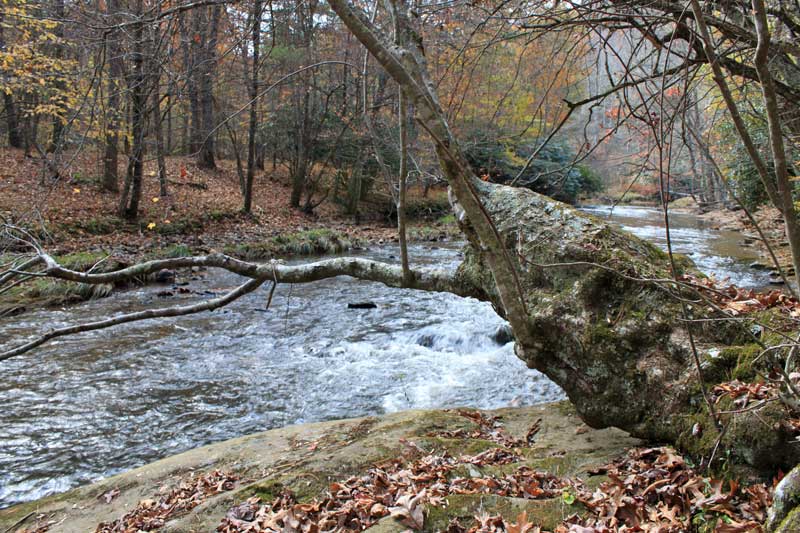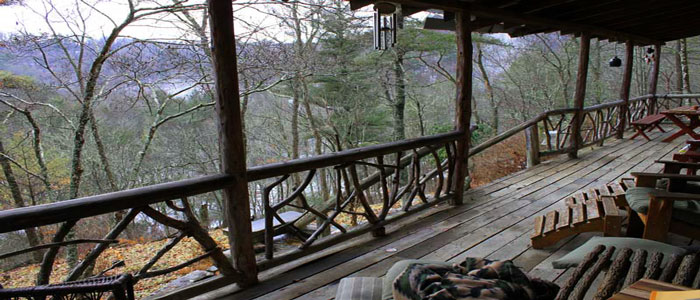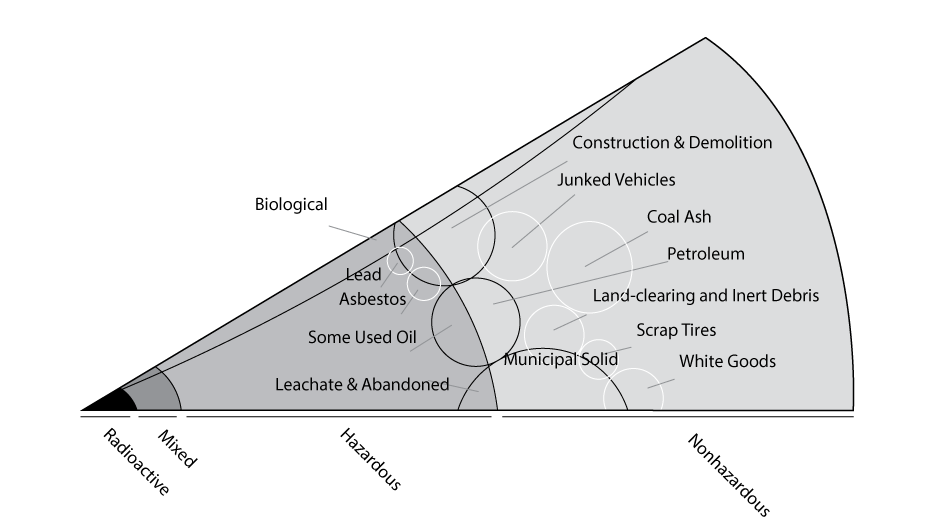The app I want: Take me to the river

Back in the early days of the Coastal Area Management Act, North Carolina locked in a policy position regarding permitted uses of property next to water: the uses had to be “water dependent” or else they were not permitted. This policy was based on some science that showed water pollution increased significantly the more there were commercial and industrial uses next to the water. Some restaurateurs along the historic river walk in Wilmington chafed at that policy, and so in the mid-1990s I found myself walking beside the lower Cape Fear River with Joan Weld and Linda Rimer, then the two assistant secretaries for natural resources and environment in the State. The capable division director of the Division of Coastal Management, Roger Shecter, presented the thinking underlying the policy. But we agreed with the restaurant owners: it was better for the environment to get people back around the water, where they could enjoy the fruits of decades of regulatory efforts to clean up our rivers.
Read More →Our heads are round so thought can change direction. ~Allen Ginsberg


